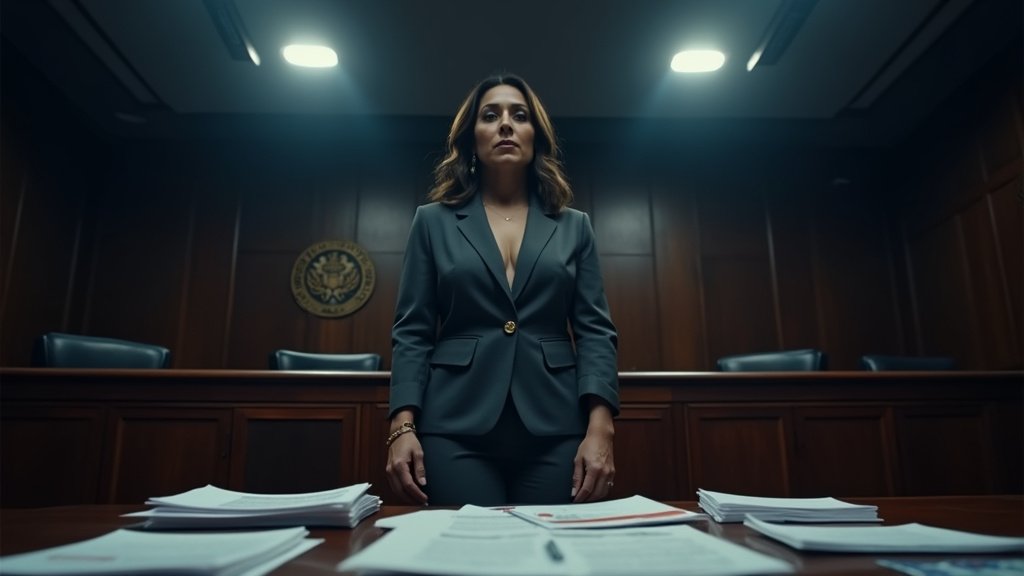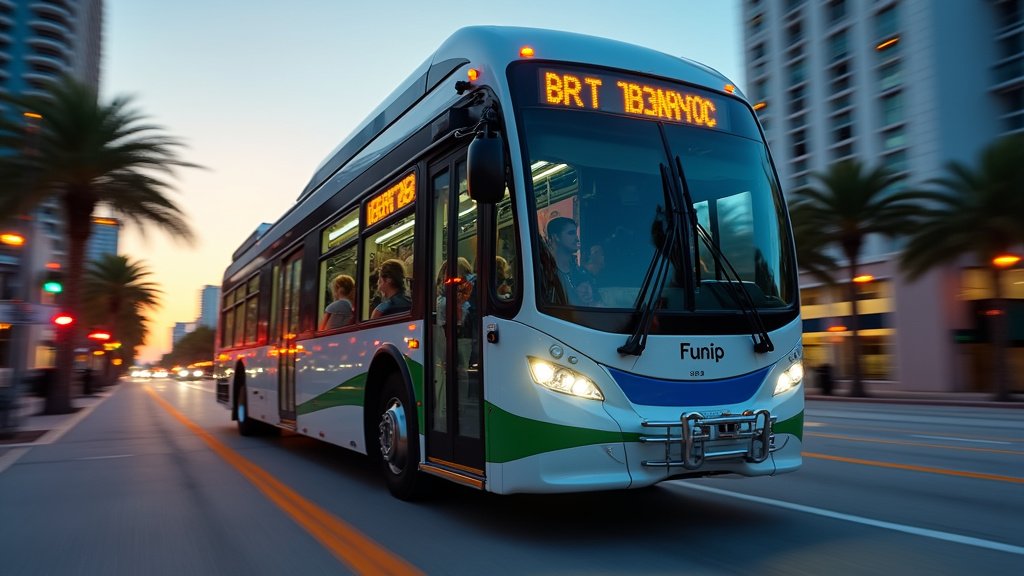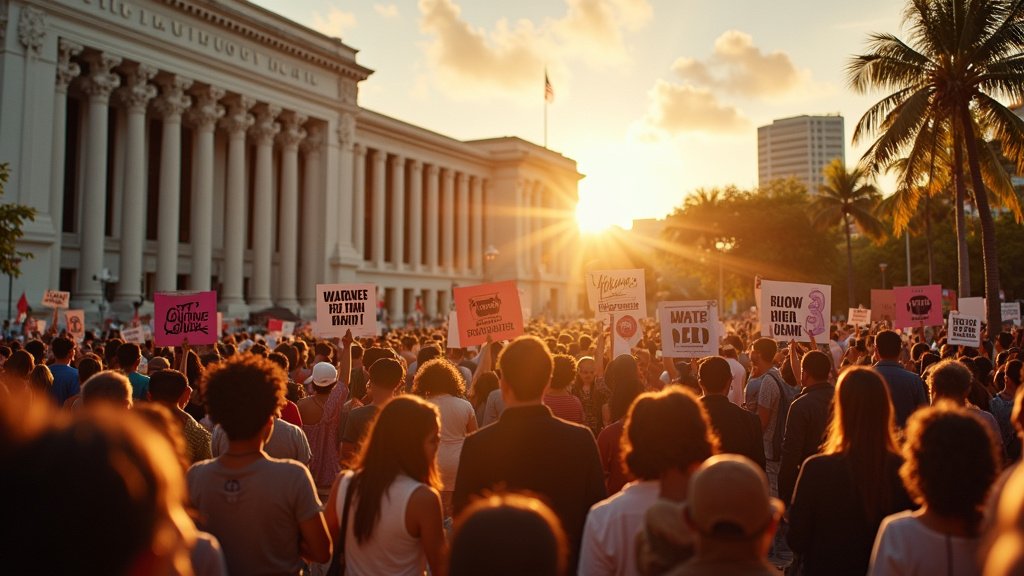In a significant legal and financial showdown, Miami-Dade County has filed a lawsuit against the City of Hialeah, alleging nearly $18 million in unpaid wholesale water and sewer bills. The county asserts that Hialeah has failed to meet its financial obligations for services rendered, a claim vehemently disputed by Hialeah’s interim Mayor Jacqueline Garcia-Roves. This escalating conflict underscores deep-seated tensions over utility infrastructure and cost-sharing between the two South Florida municipalities, marking a prominent piece of local news.
The County’s Case: A Nearly $18 Million Tab
Miami-Dade County’s lawsuit, filed in Miami-Dade circuit court, claims that Hialeah began a pattern of short-paying its bills starting in fiscal year 2020-21, under the administration of then-Mayor Carlos Hernández, and continuing through the 2022-23 fiscal year when Esteban “Steve” Bovo served as mayor. According to the county’s complaint, by June 2023, Hialeah’s unpaid balance for wholesale sewer services had ballooned to over $27 million. While the city made two payments of $2.5 million each in July and August 2023, and an additional $300,000 in early 2025, the county states a substantial balance remains for services provided during what it terms the “disputed period.”
Miami-Dade Mayor Daniella Levine Cava emphasized the financial implications of Hialeah’s stance, stating that the Miami-Dade Water and Sewer Department (WASD) is an enterprise operation funded solely by customer payments, not taxpayer dollars. “When one customer refuses to pay, every other customer across the county unfairly shoulders the cost,” Mayor Levine Cava said. “The city’s refusal to pay its past due sewer bills is currently hurting other hard-working residents that are keeping up with their bills.” The county also rejected a proposal from Hialeah to relinquish its stake in their jointly operated Reverse Osmosis Water Treatment Plant as a substitute for payment, deeming it an unacceptable precedent.
Hialeah’s Defense: Faulty Meters and Disputed Charges
Interim Mayor Jacqueline Garcia-Roves has publicly challenged the county’s claims, asserting that Hialeah does not owe the $18 million. At a press conference, she stated, “I am disputing the $18 million they say we owe—which we don’t. It’s a faulty meter that’s been reading our wastewater incorrectly. It’s reading air instead of water, and they’ve been trying to charge us for that. I refuse to pay those $18 million with our taxpayers’ money.” Mayor Garcia-Roves has called for a state audit of the Miami-Dade Water and Sewer Department, citing concerns over rising water costs and the fiscal impact on Hialeah residents.
This dispute is a trending issue in Hialeah, particularly as Mayor Garcia-Roves campaigns for a full term. She has made addressing high water and sewer bills a cornerstone of her platform, promising to absorb county rate hikes to protect residents. This stance places the water debt issue at the forefront of Hialeah’s municipal politics.
A History of Tensions and High Bills
The current legal battle is rooted in a complex history of agreements and disagreements between Hialeah and Miami-Dade regarding utility services. Hialeah receives half of its water supply from Miami-Dade County and the other half from a jointly owned Reverse Osmosis Water Treatment Plant. Critically, the city contracts with the county for all its sewer services. Historical data indicates that Hialeah has consistently faced higher water and sewer rates compared to the county average. As of October 2024, Hialeah residents paid an average of $78 for the same water usage that cost the average Miami-Dade customer $63.
Adding to the cost burden for Hialeah residents is a franchise fee imposed by the city on utility services for using municipal rights-of-way. While initially at 10% when introduced in 2014, it has gradually decreased to 4%. This fee contributes millions to the city’s budget but has been a subject of debate, with some residents and officials arguing it inflates utility bills. In response to county rate hikes, Hialeah’s previous administration under Mayor Bovo had proposed suspending the franchise fee, a move intended to mitigate the impact on consumers, though some critics deemed it insufficient.
Implications for Residents and the County
Miami-Dade officials argue that Hialeah’s non-payment creates an unfair burden on all county water and sewer customers, as the department is self-funded. Mayor Levine Cava noted that when one customer fails to pay, the costs are distributed among others, impacting hard-working residents who are meeting their obligations. The county views Hialeah’s refusal to pay as a breach of its wholesale wastewater services agreement.
On the other hand, Hialeah officials, including Mayor Garcia-Roves, have suggested that issues with county infrastructure design may be contributing to increased wastewater flows, leading to inflated charges. The city’s position is that they are protecting their taxpayers from what they perceive as improper billing.
The Path Forward: Legal Resolution and Political Standoff
Miami-Dade County has initiated a formal dispute resolution process under Florida law, signaling its intent to pursue all legal avenues to recover the alleged debt. The county has offered Hialeah a payment arrangement to settle the outstanding balance over five years with 3% interest, which would bring the total repayment to approximately $19.5 million. Hialeah has requested an extension for this decision. The outcome of this legal action could have significant financial and political repercussions for both municipalities.
The news headline surrounding this dispute is particularly impactful given Hialeah’s upcoming mayoral election, where water costs are a primary concern for voters. Mayor Garcia-Roves’ firm stance against paying the county’s demand is a central theme in her campaign, aiming to position herself as a protector of Hialeah’s residents against perceived county overreach. This ongoing water debt saga remains a critical piece of news shaping the political landscape in Miami-Dade.





